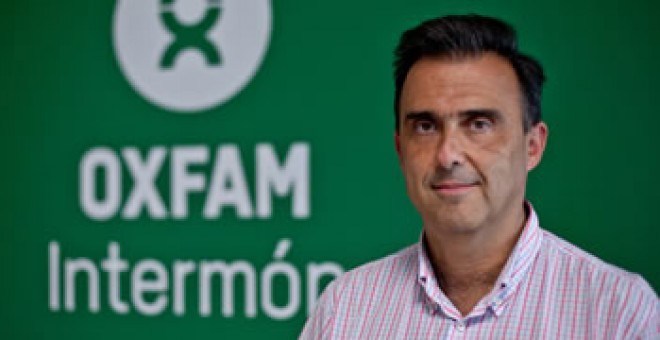The fallout from the coronavirus spread that has killed over 83,000 people and wreaked havoc on economies around the world could push around half a billion people into poverty, Oxfam said on Thursday, April 9, 2020.

The report released by the Nairobi-based charity ahead of coming week’s International Monetary Fund (IMF)/World Bank annual meeting calculated the impact of the crisis on global poverty due to shrinking household incomes or consumption.
“The economic crisis that is rapidly unfolding is deeper than the 2008 global financial crisis.
“The estimates show that, regardless of the scenario, global poverty could increase for the first time since 1990,” it said, adding that this could throw some countries back to poverty levels last seen some three decades ago.
The report’s authors played through a number of scenarios, taking into account the World Bank’s various poverty lines, from extreme poverty, defined as living on $1.90 a day or less, to higher poverty lines of living on less than $5.50 a day.
Under the most serious scenario, a 20 per cent contraction in income, the number of people living in extreme poverty would rise by 434 million people to almost 1.2 billion worldwide, says the report.
“The same scenario would see the number of people living below the 5.50 dollar a day threshold rise by 548 million people to almost four billion.
“Women are at more risk than men, as they are more likely to work in the informal economy with little or no employment rights.
“Living day to day, the poorest people do not have the ability to take time off work, or to stockpile provisions,” the report warned.
It added that over two billion informal sector workers worldwide had no access to sick pay.
The World Bank last week said poverty in East Asia and the Pacific region alone could increase by 11 million people if conditions worsened.
To help mitigate the impact, Oxfam proposed a six-point action plan that would deliver cash grants and bailouts to people and businesses in need, and also called for debt cancellation, more IMF support, and increased aid.
“Taxing wealth, extraordinary profits, and speculative financial products would help raise the funds needed,’’ Oxfam added.
It said calls for debt relief had increased in recent weeks as the fallout from the COVID-19 pandemic had roiled developing nations around the world.
“In total, governments around the world would need to mobilise no less than $2.5 trillion to support developing nations.
“Rich countries have shown that at this time of crisis they can mobilise trillions of dollars to support their own economies.
“Yet unless developing countries are also able to fight the health and economic impacts the crisis will continue and it will inflict even greater harm on all countries, rich and poor,” the report said.
